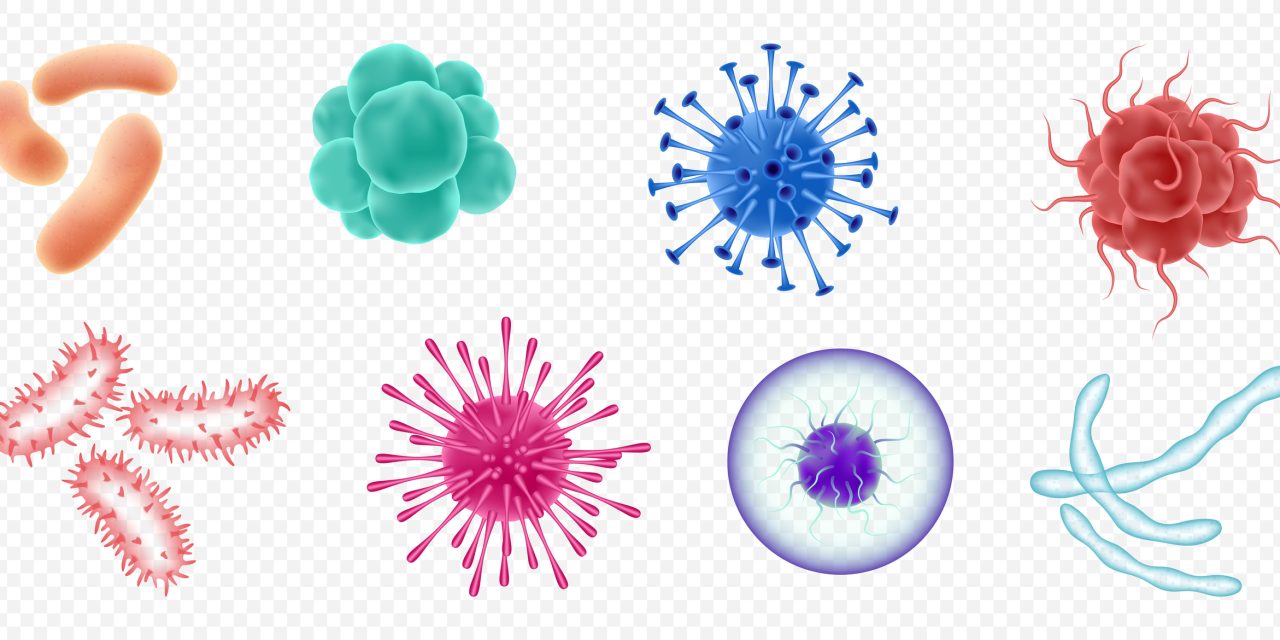Chronic rhinosinusitis with nasal polyps (CRSwNP) is a diverse inflammatory disease with a poorly known pathogenesis. Recent research indicates that epithelial-derived cytokines such as thymic stromal lymphopoietin, IL-33, and IL-25 might increase Th2 immune responses, eventually leading to persistent chronic rhinosinusitis and nasal polyps. Despite the fact that IL-25 levels are elevated in CRSwNP, targeting IL-25 as a treatment approach is mostly unexplored. In this study, researchers summarize the numerous recent improvements in their knowledge of the relationship between IL-25 and CRSwNP. They have discovered that IL-25, which is predominantly generated by sinonasal epithelial cells and invading mast cells, plays a significant role in the development of CRSwNP in Asian patients. Furthermore, nasal polyps have increased levels of IL-25 and IL-25R. This cytokine has a role in CRSwNP pathogenesis by regulating group 2 innate lymphoid cells (ILC2s). Similarly, ILC2 enrichment in CRSwNP patients has been observed, as has a positive association between ILC2s and CRSwNP. Clinical studies utilizing monoclonal antibodies AMG157 and AMG282 against CRSwNP are underway to inhibit the thymic stromal lymphopoietin and IL-33 pathways, respectively.
Studies on the involvement of IL-25 in the pathogenesis of CRSwNP are increasing, suggesting the possibility of a novel therapeutic strategy for CRSwNP treatment.


